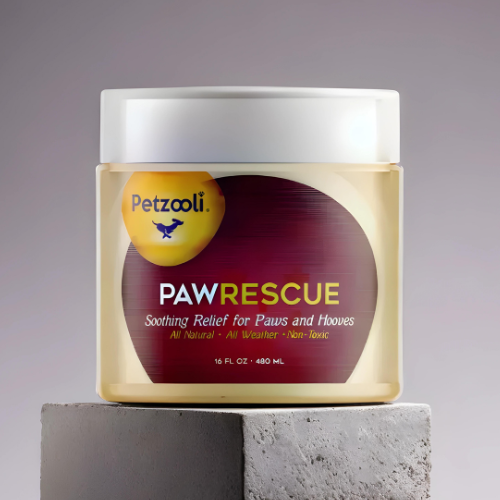
When Do Dog Teeth Fall Out? Key Stages Every Pet Owner Should Know
Share
As a health-conscious pet owner, you might often seek answers to better understand your furry friends well-being. One of the questions that arise is, when do dog teeth fall out? Ensuring your dogs dental health is crucial for their overall physical well-being. Many pet owners are unaware of the different stages of a dogs dental growth and loss. Understanding these processes can help you provide the best care for your canine companion.

Puppyhood: The Teething Stage
Just like human babies, puppies go through a teething stage, which can be a challenging time for both the puppy and the owner. Puppies are born toothless, but by the age of three weeks, their deciduous teeth (also known as baby teeth) begin to emerge. These sharp little teeth continue to grow until around six weeks of age, at which point the puppy should have a full set of 28 baby teeth.
The Transformation to Adult Teeth
The journey of teeth falling out usually starts between the ages of 12 to 16 weeks. The baby teeth begin to make way for the stronger and larger adult teeth. By six months, most puppies will have lost all their baby teeth, replaced by 42 adult teeth. It's an intensive growth period, and proper care is essential to avoid any dental issues.

Common Signs of Teething in Puppies
- Increased chewing behavior
- Sore or bleeding gums
- Preference for soft toys
- Possible loss of appetite
These signs are entirely normal and should be expected as your puppy transitions from baby to adult teeth.
For more detailed information on managing your dog's teething phase, refer to webMD's guide.

Adult Dogs: Maintaining Dental Health
Once the adult teeth have come in, its vital to maintain them. Regular brushing, dental chews, and professional cleanings are all essential components of a dogs dental care routine. Neglecting dental health can lead to issues such as tartar buildup and periodontal disease.
Common Dental Issues in Adult Dogs
As dogs age, they can experience various dental issues if proper care isnt taken. Here are some common problems:
- Tartar buildup leading to plaque formation.
- Gum disease which can cause pain and tooth loss.
- Broken or cracked teeth due to chewing on hard objects.
For tips on keeping your dogs teeth clean, you can also read this Chewy article.

Old Age and Dental Challenges
As dogs grow older, their risk of dental issues increases. This makes regular veterinary checkups imperative. Older dogs often experience tooth loss due to weakened gums and other dental problems. Monitoring your senior dog's dental health can improve their quality of life and prevent potential complications.
How to Manage Dental Health in Senior Dogs
Here are some steps to maintain your senior dogs dental health:
- Frequent veterinary checkups for early detection of dental issues.
- Regular brushing with a dog-friendly toothpaste.
- Providing soft foods if they have lost significant teeth.
If you want to know more about what to do if your older dog is losing teeth, refer to this Papaya Pet article.
Faq
Q: Why is my puppy obsessed with chewing?
A: Puppies chew to relieve the discomfort of teething. Providing them with appropriate chew toys can help.
Q: What should I do if my dogs adult teeth arent coming in?
A: If your dogs adult teeth aren't coming in by six months, consult your veterinarian for a dental examination.
Q: Can dogs suffer from cavities?
A: Yes, dogs can suffer from cavities, although they are less common than in humans. Regular dental checkups can prevent this.
As an Amazon Associate, I earn from qualifying purchases.
